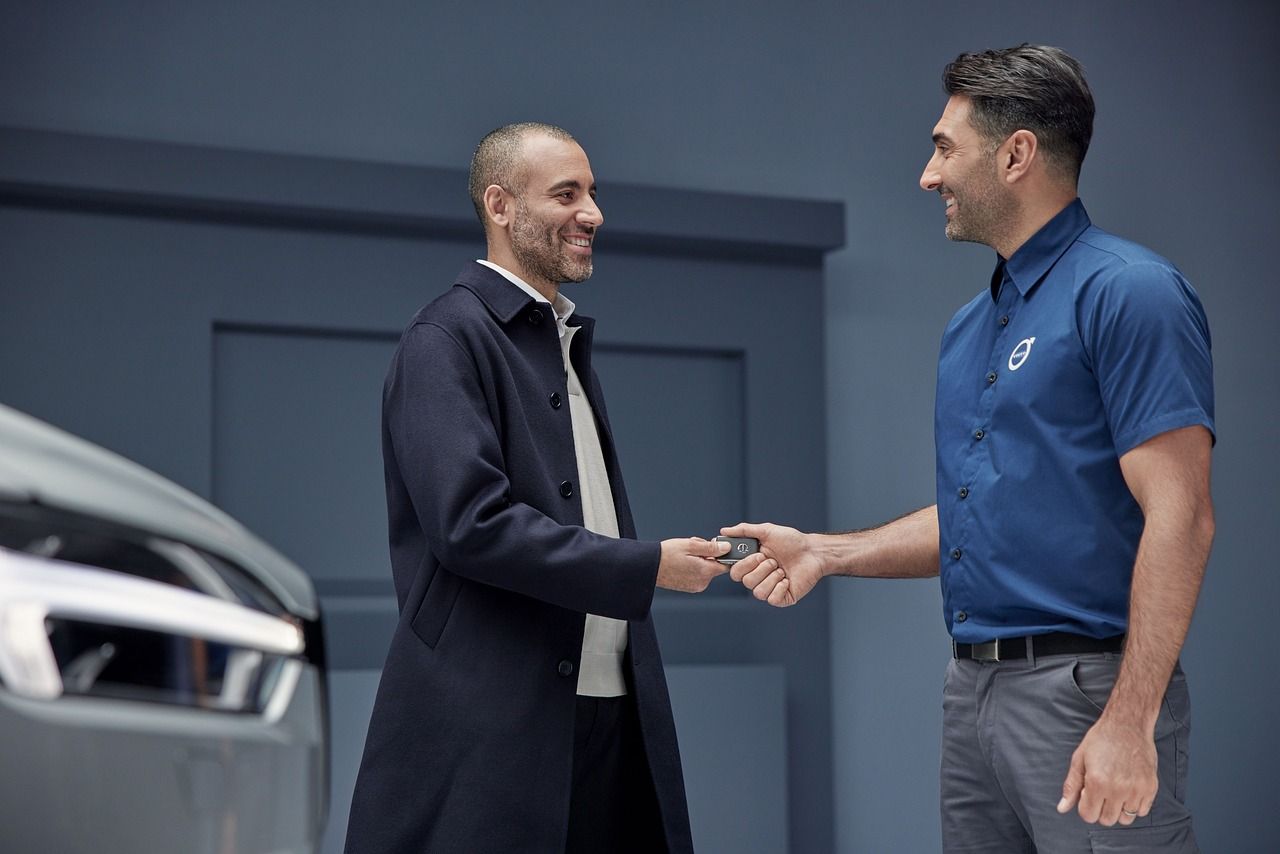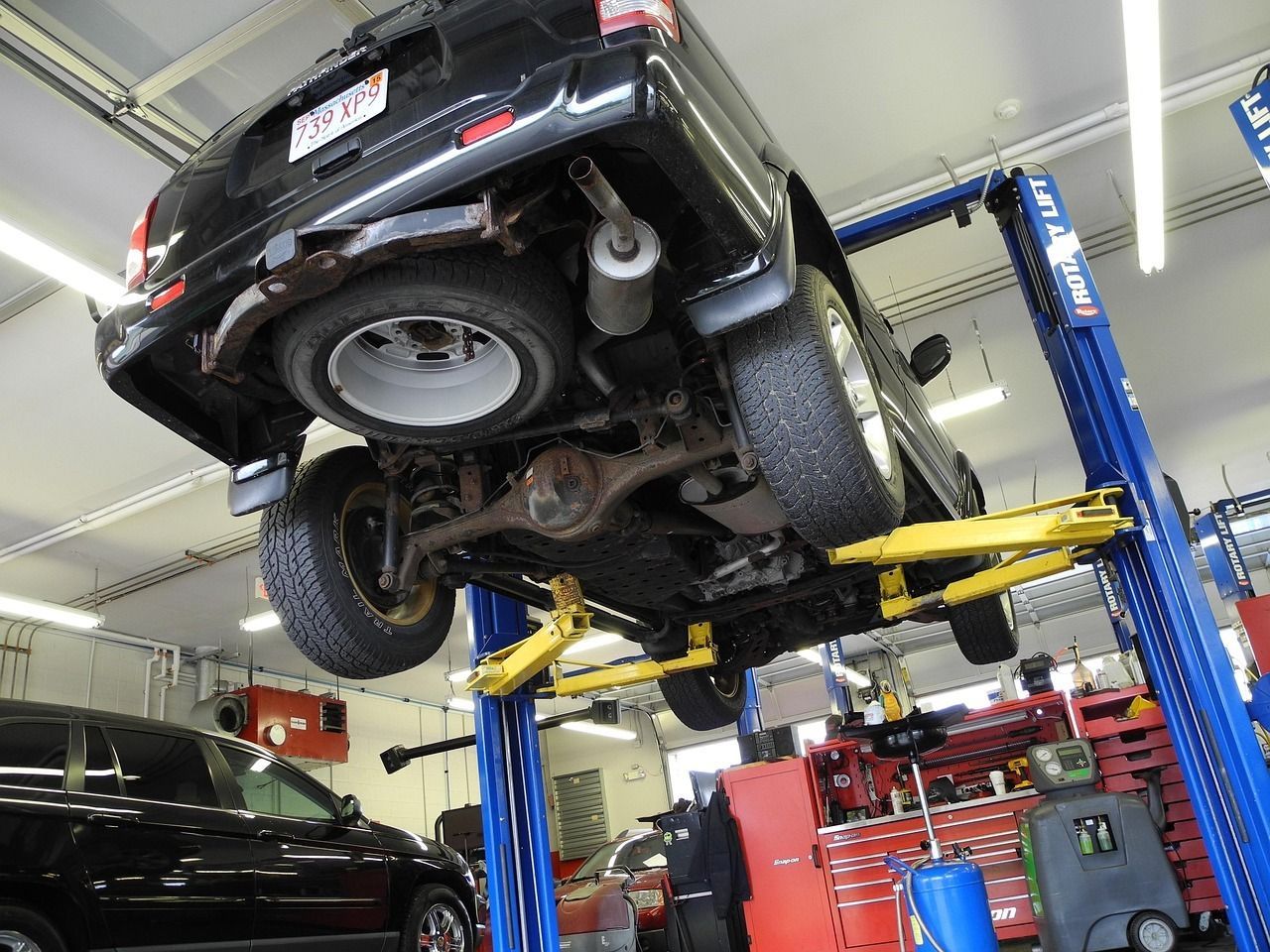Automotive CRMs: What They Are and How Dealerships Benefit
Any automotive business owner or manager can tell you that the job involves a lot of data; so much data that it’s truly hard to comprehend. There’s information about leads and their sources, customer data about their purchase history or previous interactions, and data covering recurring appointments.
How can teams handle all this data effectively to help their automotive businesses succeed?
A CRM might be the solution. This post explores the ins and outs of automotive CRMs, including how they work and the benefits they can offer your business.
Understanding Automotive Customer Relationship Management (CRM)
CRM stands for customer relationship management, a special type of software system designed to help businesses manage all the interactions they have with customers, from lead capture to sales and customer service. Businesses across industries use CRM software, but it’s especially useful in the automotive industry for auto dealerships, vehicle repair shops, and auto parts stores.
These businesses can use CRMs to centralize their customer data into a single platform, eliminating data silos and preventing miscommunication about customers between departments. The centralized data helps automotive businesses streamline their sales and marketing processes. With a CRM, they’re better equipped to nurture leads, understand customer behavior, and optimize their own sales efforts.
Streamlining operations using an automotive CRM ultimately drives sales and enhances customer loyalty without the need to invest in big new automotive marketing strategies or sales efforts.
Key Features of CRM in Automotive
If you’re considering a CRM for your automotive business, there are some features it should absolutely include to offer as much value as possible. Look for these crucial features in your search.
Lead Management and Generation
Your business probably generates leads from many different sources, such as online searches, social media, referrals, and gated content. Typically, businesses that don’t use CRMs either manage all of these lead sources separately or try to manually consolidate them into one place. There’s a lot of room for mistakes and time-wasting with either of those options.
A CRM upgrades your lead generation and management right away. As you capture leads from multiple sources, your CRM will pull them into a central platform to help you manage them through the sales pipeline.
Service and Appointment Reminders
Selling services to an existing customer is much cheaper than acquiring a new customer. It’s five to 10 times cheaper, in fact. So, the question becomes how to entice your previous customers to come back and make another purchase.
In the automotive industry, businesses often rely on service and appointment reminders to help. However, you have to stay on top of a lot of data to send these reminders consistently and at the right times. Your CRM can automate most of that data management for you.
Through your CRM, you can easily connect with customers for service reminders and maintenance at the ideal moments, fostering loyalty and repeat business.
Data Visibility and Centralization
Having all of your data centralized in your CRM gives you complete visibility. You can analyze everything together to find insights into your sales performance, customer preferences, and trends. Then, use those insights to make better data-driven decisions that improve results for your automotive business.
Improved Communication
Customers don’t typically complete a purchase the first time they hear about or see your business. Instead, it takes several touchpoints, often across multiple channels, before the customer decides they’re ready and actually buys something.
The problem for businesses is tracking and maintaining continuity across those touchpoints to give customers a consistent, helpful experience. Using a CRM changes that. The CRM records all touchpoints with a customer, including inquiries, test drives, and service visits. Your team can then use those records to improve your communication.
Take it a step further and set your CRM up to automate customer follow-ups, send personalized offers, and help create targeted campaigns to engage prospects and build client relationships.
Why Do Automotive Businesses Need CRM?
Investing the time and money required to set up a new type of software is a big ask, and you may be wondering if CRMs in the automotive industry are really worth it.
Weigh these key benefits against the cost.
Increased Sales
By centralizing customer interactions, vehicle history, and other data, a CRM makes it easier than ever for the sales team to present highly relevant, timely offers.
For example, you could set up your CRM to alert the sales team every five years after a customer buys a vehicle, prompting them to target the customer for a vehicle upgrade. These personalized offers help boost customer engagement and ultimately grow sales by improving your sales processes.
Improved Customer Retention
Keeping your existing customers coming back isn’t easy, but your CRM can help.
With automated service reminders for things like oil changes and tire rotations based on expected vehicle mileage, you can keep your customers engaged and loyal. Your reminders will help bring them back to your dealership or shop instead of a competitor.
Optimized Lead Management
CRMs track leads from all sources — from website forms and social media to walk-ins — and assign them instantly to the correct department or team members. This automation ensures that your automotive business doesn’t lose or forget about any high-value prospects, which could cost you sales.
As leads progress through the lead funnel and eventually the sales pipeline, it’s easy to update their status in the CRM, enabling the right person to take over. And since all the relevant information about each lead is centralized in the CRM, it’s easy to analyze your data and identify the leads with the best chance of converting. You can then prioritize those leads in whatever way works best for your business.
Personalized Marketing
The majority of customers disregard irrelevant marketing messages, and 90% say they want more personalized communications from brands. As your customer base grows, though, manually personalizing your marketing becomes practically impossible.
Using a CRM, however, you can send marketing messages that are personalized down to small details. For example, you can segment customers by vehicle type, lease end date, or service needs to deliver hyper-relevant content, like maintenance tips for their specific car model.
Smarter Inventory Decisions
Inventory management requires automotive businesses to walk a fine line. If you stock too much inventory, you’ll spend more on storage and have to either heavily discount what’s left over or discard it. Conversely, if you don’t stock enough inventory, you may frustrate customers and lose out on potential sales.
A CRM is the tool you need to make smarter, more data-driven inventory decisions. By analyzing historical data in your CRM on customer preferences and service needs, you’ll be better equipped to predict demand. Use those insights to help the sales and parts departments stock the right vehicles and accessories.
Streamlined Service Scheduling
Before CRMs, appointment scheduling was a hassle. Now, you can use your CRM to integrate customer and vehicle data to make booking service appointments faster for both your clients and your staff. This means less friction and shorter wait times, leading to a better customer experience.
Automotive CRM: The Engine of Dealership Growth
An automotive CRM takes your siloed data and transforms it into a centralized hub of intelligence and insights. Those insights are exactly what you need to help your automotive business succeed and stand out from increasingly tough competition.
These days, a CRM is no longer just a sales tool — it’s an essential system for managing the entire customer lifecycle, from initial lead generation to long-term service retention.



